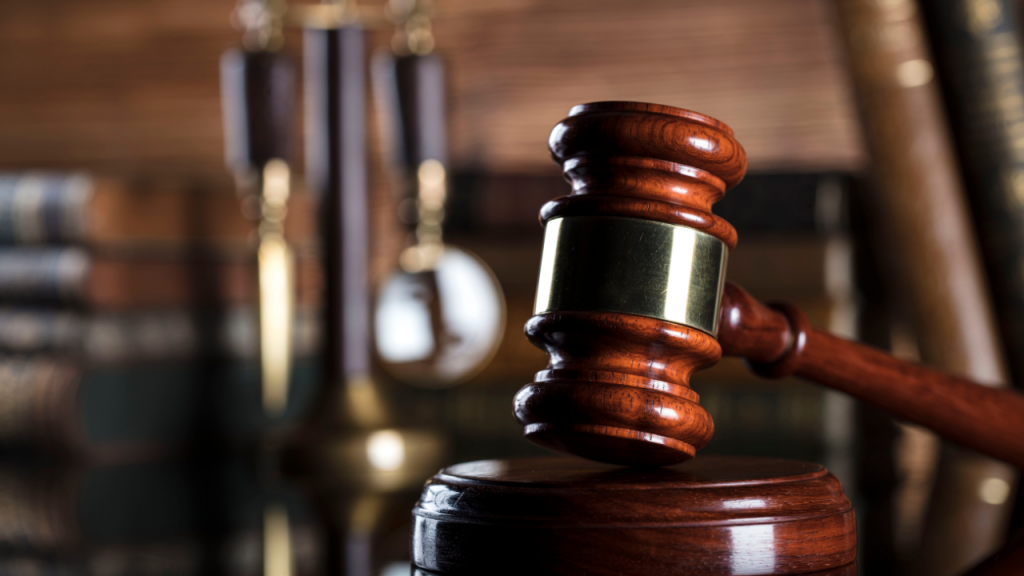The Admissibility of Psychiatric Evidence in UK Courts: A Practical Guide
Balancing Legal Principles with Scientific Reliability: Psychiatric Evidence in UK Courts. In the intricate nexus of law and psychiatry, forensic psychiatry plays a pivotal role, especially in the context of legal proceedings within the United Kingdom. The admissibility of psychiatric evidence in UK courts is governed by a framework that balances legal principles with scientific reliability, aiming to ensure that justice is served while respecting the complexities of human psychology. This guide provides an overview of the key aspects of this framework, touching upon the relevant UK laws and practices that govern the introduction and consideration of psychiatric evidence in legal disputes.
Legal Foundations
The admissibility of evidence in UK courts is primarily regulated by the Civil Evidence Act 1995 and the Criminal Justice Act 2003, alongside key case law that has shaped the interpretation and application of these statutes. These laws establish the criteria for evidence to be considered admissible, focusing on relevance, reliability, and the necessity of the evidence in question.
Forensic Psychiatry: A Critical Intersection
Forensic psychiatry specialises in the intersection between psychiatry and the law, offering insights into the mental state of individuals in the context of legal proceedings. It encompasses assessments of fitness to plead, mental condition at the time of the offence, and risk assessments, among other aspects. The expertise of forensic psychiatrists can be crucial in cases where a defendant’s mental state is a significant factor, influencing determinations of culpability, sentencing, and the appropriateness of specific legal outcomes.
Criteria for Admissibility
For psychiatric evidence to be admissible in UK courts, it must satisfy several criteria:
- Relevance: The evidence must be directly relevant to the matters at issue in the case.
- Reliability: The methods used to obtain the psychiatric evidence must be scientifically valid and recognized within the field of psychiatry.
- Expertise: The individual providing the psychiatric evidence must be qualified as an expert by virtue of their knowledge, experience, and skills in forensic psychiatry.
- Necessity: The evidence must provide information that is beyond the knowledge of the lay tribunal, thus necessitating expert testimony.
Challenges and Considerations
While psychiatric evidence can be highly informative, its introduction into legal proceedings is not without challenges. The subjective nature of psychiatric assessments, the potential for varying interpretations of mental states, and the evolving nature of psychiatric science can complicate the assessment of such evidence. Courts must navigate these complexities, relying on established legal principles and the expertise of forensic psychiatrists to evaluate the credibility and weight of the evidence presented.
Practical Implications
For legal and medical professionals involved in cases where psychiatric evidence is pertinent, several practical considerations emerge:
- Selection of Experts: The choice of a forensic psychiatrist as an expert witness is critical. Their qualifications, experience, and the scientific basis of their methods will be scrutinised.
- Preparation of Evidence: Psychiatric evidence must be meticulously prepared, with a clear explanation of the methodologies used and the relevance of the findings to the legal issues at hand.
- Cross-Examination: Legal professionals must be prepared to engage in thorough cross-examination of psychiatric experts, challenging the foundations of their evidence and interpretations as necessary.
Conclusion
The admissibility of psychiatric evidence in UK courts is a complex area that requires careful navigation by both legal and medical professionals. By understanding the legal framework, criteria for admissibility, and practical considerations involved, professionals can more effectively engage with forensic psychiatry in the pursuit of justice. As the fields of law and psychiatry continue to evolve, ongoing dialogue and collaboration between these disciplines will be essential in addressing the challenges and opportunities presented by psychiatric evidence in legal contexts.
